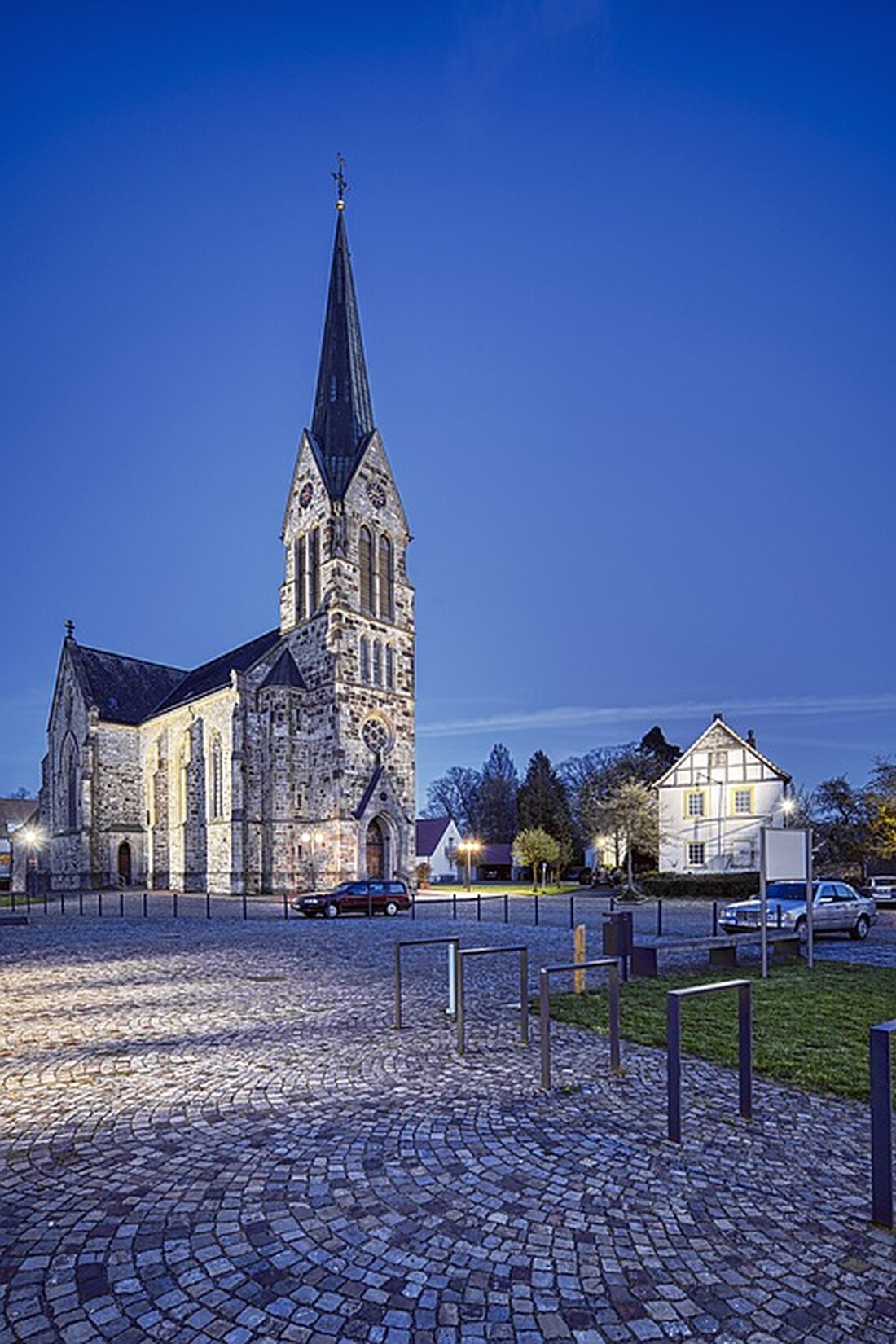Election quakes in Saxony and Thuringia: Political regulations are imminent
Election quakes in Saxony and Thuringia: Political regulations are imminent
The political maps in Saxony and Thuringia were mixed up in the recent state elections. While the radiant winners are the AfD, the established parties such as the CDU and SPD are visibly unsettled. There is a lot at stake, both for the affected federal states and for national politics in Berlin, where the traffic light coalition is put to the test. The search for stable government formation could turn out to be difficult because the voters have loudly expressed their dissatisfaction.
After the elections, the CDU becomes an exciting challenge for the CDU in both countries, as it hesitates to work with the AfD or the left. Political scientist Oliver Lembcke asks the important question of whether adhering to certain principles can be maintained in the upcoming constellations. In view of the election results, alternative majorities are mandatory to avoid standstill and un reical.
The role of the AfD
Interestingly, the AfD has significantly strengthened its position in both federal states; It has become the strongest force in Saxony and in Thuringia. The party now grants the part of the mandate a blocking minority that can be used to block decisions that require a two-thirds majority. Björn Höcke, the head of the AfD in Thuringia, illustrates that one will not get past the AfD when it comes to forming the formation of more stable conditions. This new position of power could mean that the AfD will take a significant blockade function in the next few weeks and months.Nevertheless, the question remains whether the other parties would get involved in cooperating with the AfD, which is classified as a right -wing extremist. This leads to a tense situation where the potential partners are in a dilemma. The fear of strengthening right -wing extremism could continue to revitalize the discussions.
In the middle of this political turbulence, numerous demonstrations have taken place to protest against the strengthening of the AfD. Thousands of people went on the streets to spread a clear message against right -wing extremist tendencies. However, these protests have obviously could not reduce the election success of the AfD, which underlines the deep split in society.
important topics and the search for solutions
In a context in which populist rhetoric often fruit, the question is how the established parties can manage to regain the trust of voters. The Prime Minister of Saxony and Thuringia have shown that they distance themselves from Berlin politics, which was well received by many voters. Topics such as the upper limit for asylum seekers and a critical view of the Ukraine War could remain the central discussion points. The Dresden political scientist Hans Vorländer has already noted that it can be dangerous if populist slogans take the place of a respectful discussion.
In Brandenburg in three weeks there is a crucial choice. These elections could not only further influence the political landscape in the East German federal states, but above all exacerbate the situation of the SPD. The fate of Dietmar Woidke, the Prime Minister of Brandenburg, is on the brink, and the SPD is under pressure to demonstrate its government ability. A failure could have far -reaching consequences for the chancellor party.
Despite the sudden twists in politics, however, there is also a ray of hope: the turnout was remarkably high in both federal states. This could be a sign that the voters want to actively contribute and are ready for changes.
- Nag


Kommentare (0)